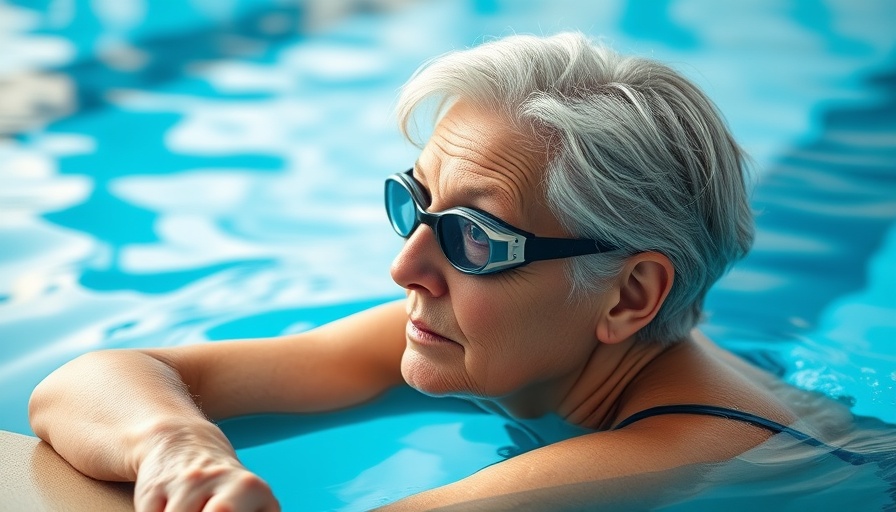
Understanding Women’s Unique Exercise Needs in Florida
In Florida, where outdoor activities are plentiful and the climate encourages an active lifestyle, understanding how exercise supports women's health is crucial. Women experience unique physiological and hormonal changes throughout their lives, from menstrual cycles to menopause. Tailoring exercise routines to each stage can enhance overall well-being.
The Foundational Benefits of Exercise
Regular physical activity provides numerous benefits essential for women’s health. These include improved cardiovascular health, increased muscle strength, enhanced flexibility, and better mental well-being. For Florida homeowners, engaging in outdoor activities such as hiking, swimming, or yoga in the parks can make exercise enjoyable while maximizing these health benefits.
Adapting Workouts to Hormonal Changes
Understanding hormonal changes is key when planning exercise routines. For instance, during the follicular phase of the menstrual cycle, women typically experience increased energy, making it suitable for high-intensity workouts. Conversely, fatigue might set in during the luteal phase, where gentler exercises like walking or yoga are more beneficial. This adaptability can significantly reduce symptoms of PMS, such as bloating and discomfort.
Supporting Women Through Menopause
As women transition into menopause, exercise remains a powerful ally. Weight-bearing and strength-training exercises become crucial for combating osteoporosis, a condition that becomes more prevalent post-menopause due to declining estrogen levels. Incorporating activities like Pilates or resistance training can help women preserve muscle mass and maintain a healthy weight, critical in managing menopausal symptoms.
Insights from Experts and Current Research
Recent studies emphasize the importance of adjusting exercise routines throughout life stages. Women over 40, for example, should incorporate both cardiovascular and strength-training exercises to maintain hormonal balance. Strength training not only builds muscle but also supports bone density, reducing the risk of fractures as one ages.
Practical Tips for Women in Florida
1. **Mix Activities**: Aim for a balance of cardiovascular, strength, and flexibility exercises. Engaging in outdoor sports can leverage Florida's warm climate, while also supporting mental health.
2. **Listen to Your Body**: Pay attention to how your body responds during different phases of the menstrual cycle. Adjust workout intensity according to your energy levels to maximize effectiveness and comfort.
3. **Stay Consistent**: Consistency is key. Aim for at least 150 minutes of moderate aerobic activity per week combined with strength training twice a week.
4. **Nutritional Support**: Pair your exercise routine with a balanced diet rich in protein, healthy fats, and antioxidants to support hormonal health.
Call to Action
For Florida homeowners looking to enhance their exercise routines with hormonal health in mind, consult with local fitness professionals or health experts to tailor a plan that meets your unique needs. Make exercise a part of your lifestyle for holistic health benefits!
 Add Row
Add Row  Add
Add 



Write A Comment